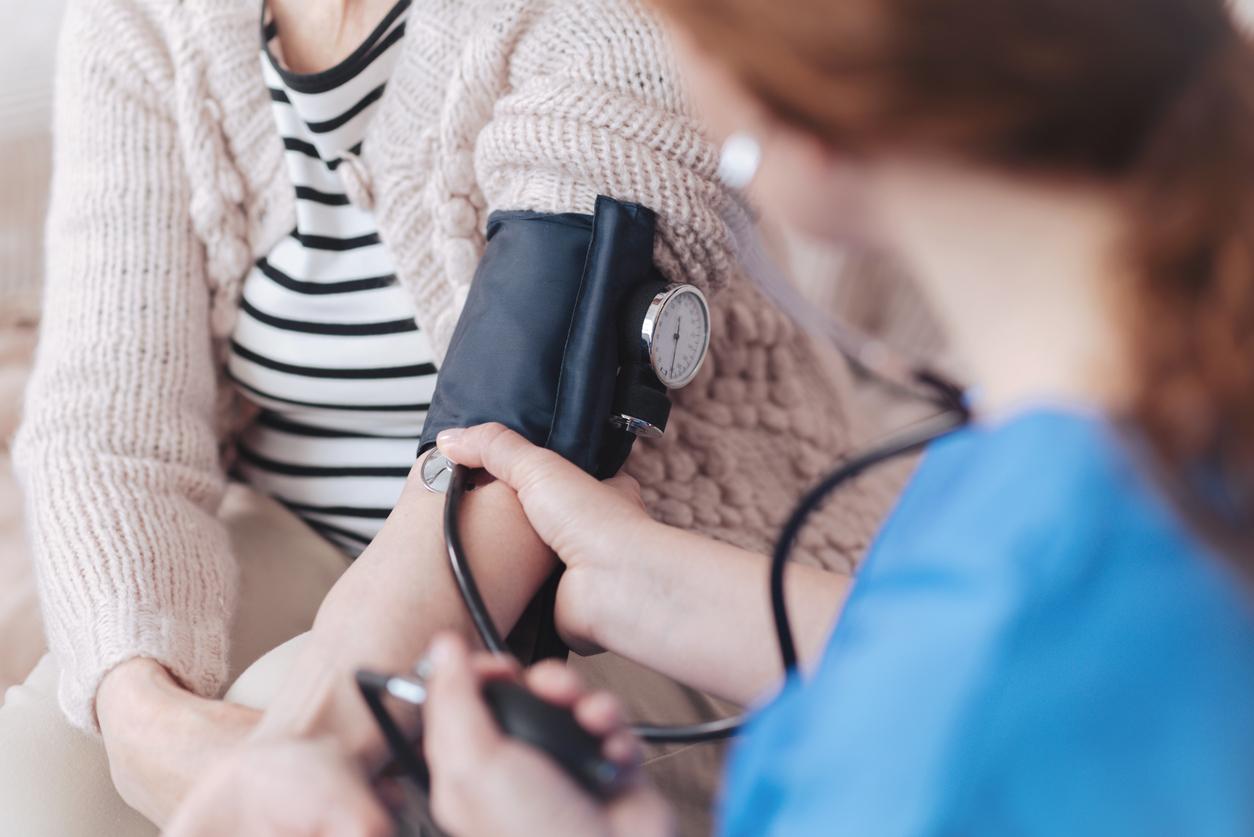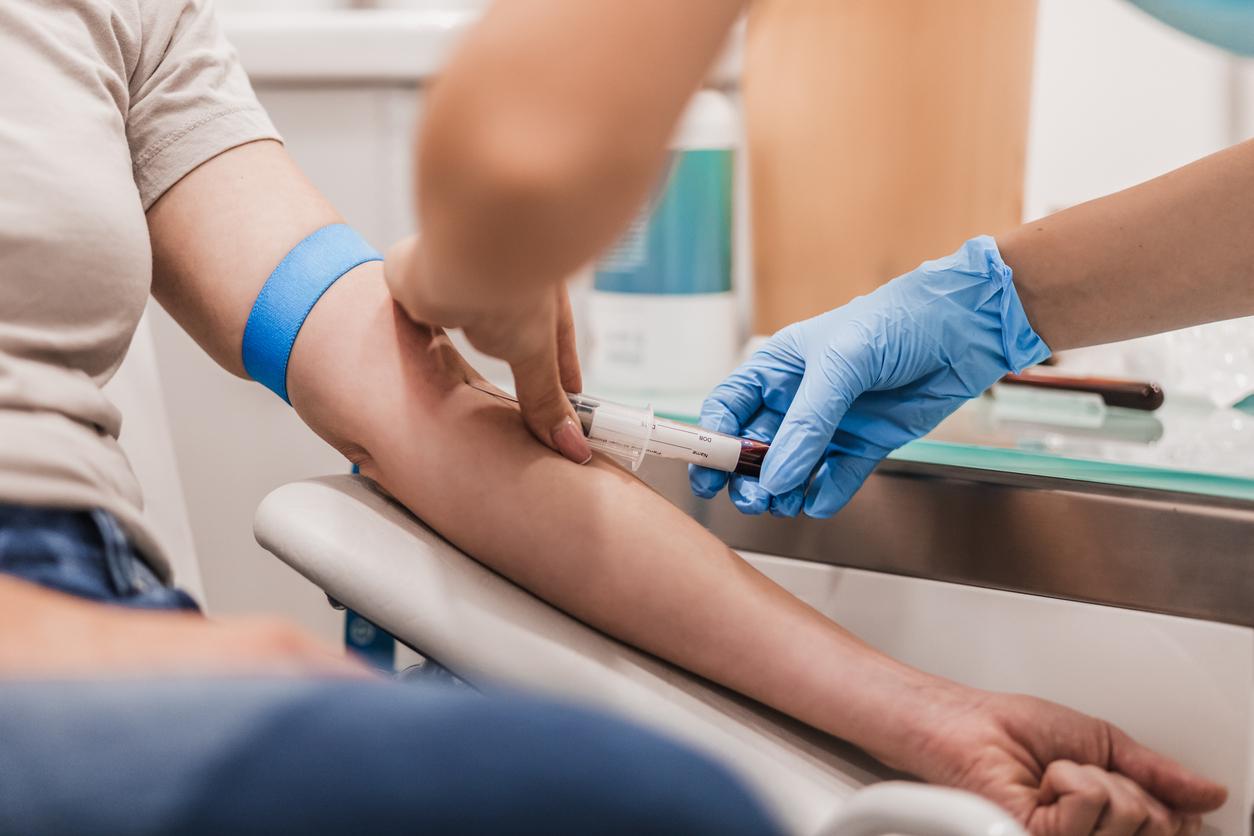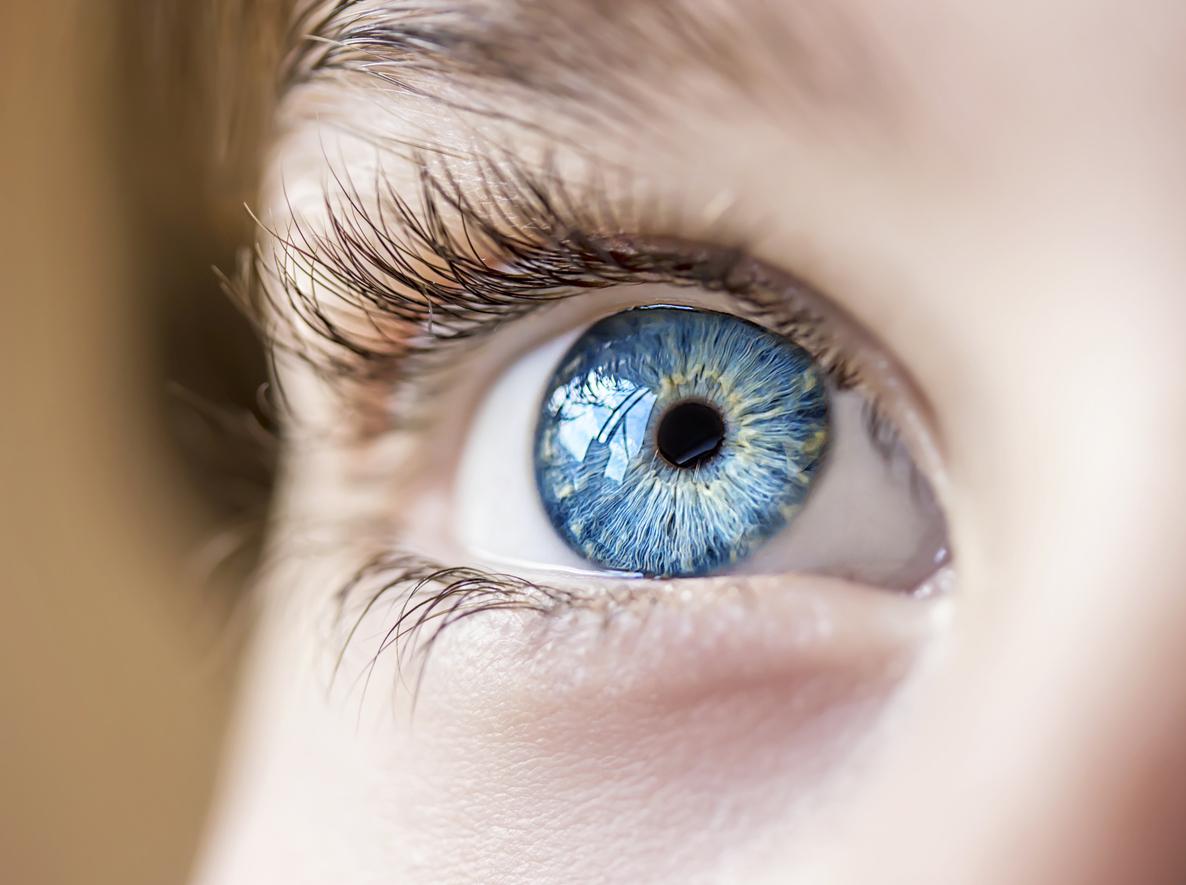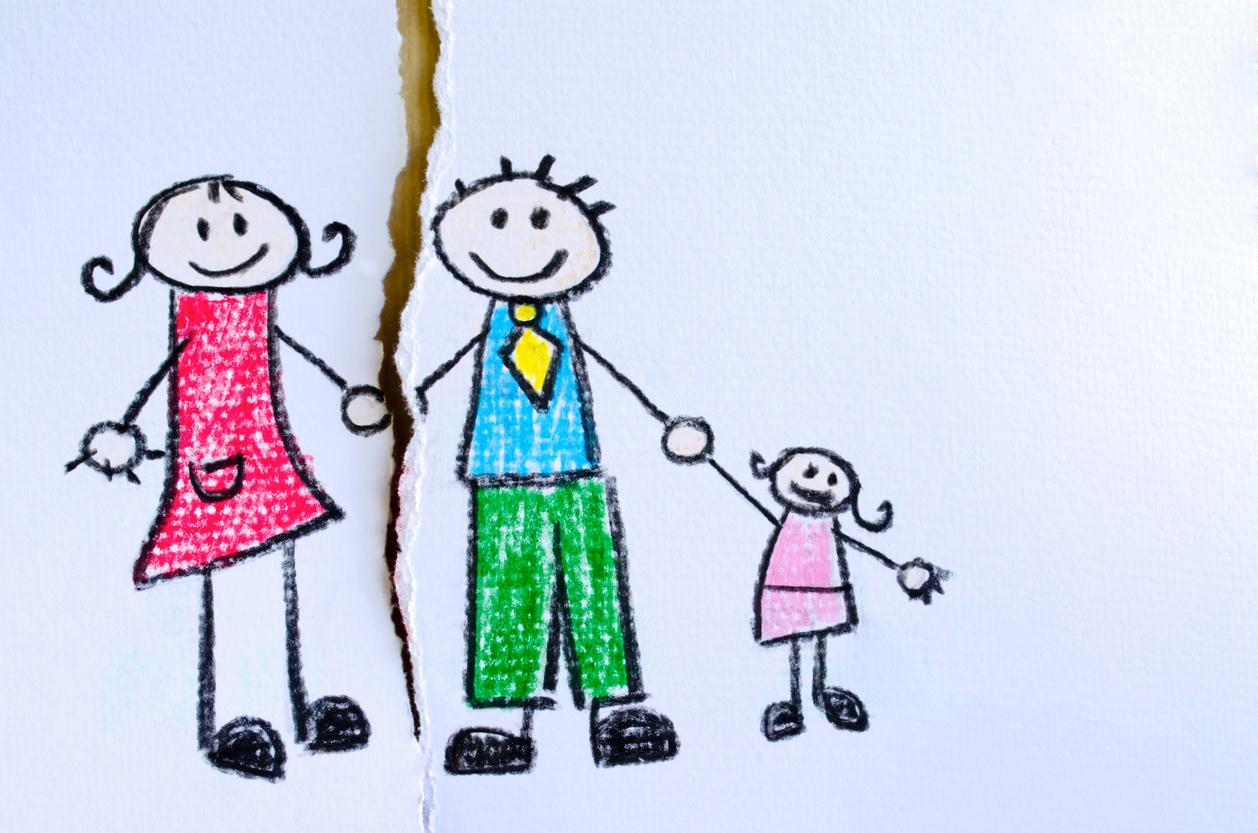Fetuses are extremely susceptible to the harmful effects of air pollution.
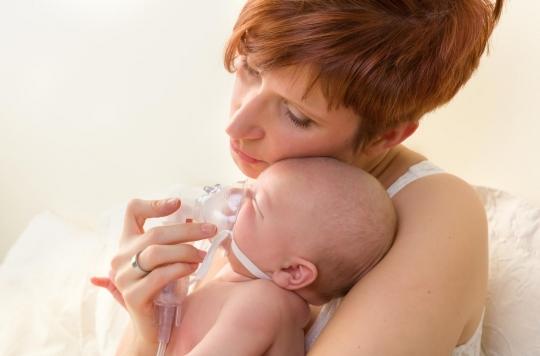
- In Europe, more than one child in 10 suffers from asthma.
- Asthma is a chronic respiratory disease manifested by episodes of difficulty breathing (dyspnea).
The risk of asthma in toddlers is linked to their in utero exposure to air pollution, according to a new study. To reach this conclusion, the researchers, published in the American Journal of Respiratory and Critical Care Medicinefollowed nearly 400 mothers and their children during and after pregnancy.
4 times more likely to develop asthma
All resided in Boston, USA. There, the rate of fine particles varied from 10,000 to 40,000 per cubic centimeter of air (cm3). The researchers found that children whose mothers had been exposed to 30,000/cm3 of fine particles during pregnancy were about four times more likely to develop asthma than those whose mothers had been exposed to 15,000/cm3 of fine particles. This difference in pollution level roughly corresponds to the change observed when going from an alley to a busy road.
Overall, 18% of infants developed asthma. Most asthma diagnoses occurred just after age three.
For better monitoring and regulation
“Our research is an important first step in building an evidence base that can lead to better monitoring of fine particulate exposure and ultimately regulation.”said research director Rosalind Wright. “Childhood asthma is a truly global epidemic, which is likely to worsen with increasing exposure to air pollution due to the effects of climate change,” adds the scientist.
Air pollution also harms fetuses by increasing the risk of premature birth and low birth weight.

.









